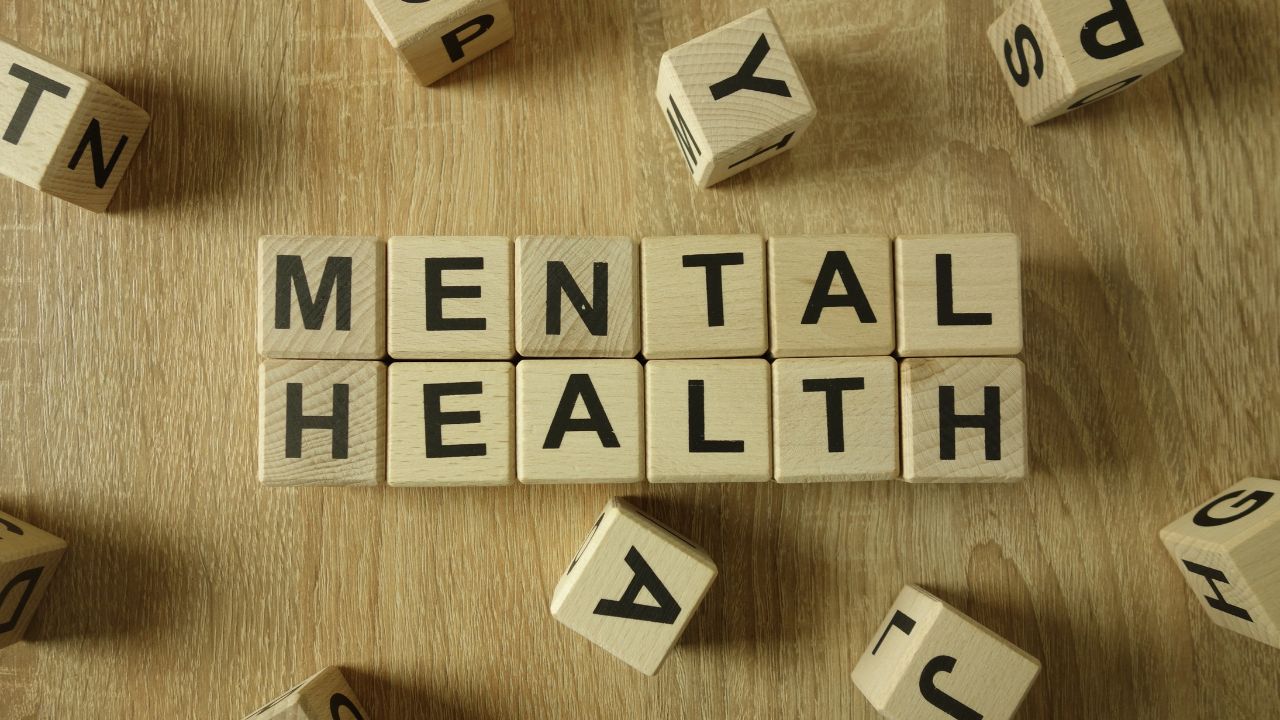- By Ritesh Kumar
- Tue, 26 Sep 2023 04:36 PM (IST)
- Source:JND
In today's fast-paced and demanding educational environment, it's becoming increasingly evident that a student's mental health plays a crucial role in their academic success. As educators and institutions strive to create nurturing learning environments, it's imperative to understand the profound impact of mental health on student learning. This article explores the various ways in which mental health influences student performance and presents strategies that schools can employ to support their students' mental well-being.
Kamana Malik, an Assistant Professor at FOSTIIMA Business School, has highlighted the diverse ways in which mental health can impact student performance. She has also outlined effective strategies that educational institutions can adopt to foster the mental well-being of their students.
Here are the key points
Emotional Well-being
The emotional well-being of students significantly affects their capacity to learn. Emotional distress, such as anxiety, depression, or even stress related to academic performance, can impair concentration and memory. When students are overwhelmed by negative emotions, their ability to absorb and retain information is compromised. Consequently, schools must prioritize creating a safe and supportive atmosphere where students can openly discuss their feelings.
Cognitive Function
Mental health directly impacts cognitive function. Chronic stress, for example, can impair the prefrontal cortex, responsible for higher-order thinking skills like decision-making and problem-solving. Thus, students experiencing stress may struggle with critical thinking and creativity. Schools should implement stress-reduction techniques, such as mindfulness programs, to enhance cognitive functioning and promote healthier learning.
Attendance and Engagement
Students dealing with mental health issues may frequently miss school or exhibit low levels of engagement. This absenteeism and disinterest can lead to gaps in their knowledge and hinder academic progress. Schools should implement interventions like regular counseling and mentoring to identify and address attendance and engagement issues, thus preventing academic setbacks.
1695726393165.jpg)
Mental health for students is essential for their overall well-being and academic success. (Image: Canva)
Strategies for Schools
1. Mental Health Education
To mitigate the stigma surrounding mental health, schools can incorporate mental health education into the curriculum. Teaching students about emotional intelligence, self-care, and the importance of seeking help can empower them to manage their mental health effectively. When students are equipped with these tools, they are more likely to thrive academically.
2. Counseling Services
Establishing accessible and confidential counseling services on campus is crucial. Trained counselors can provide students with a safe space to discuss their concerns and develop coping strategies. These services should be readily available to students, allowing them to seek help when needed without fear of judgment.
3. Mindfulness and Stress Reduction Programs
Introducing mindfulness and stress reduction programs into the school day can help students manage their emotions and reduce anxiety. Simple practices like deep breathing exercises or guided meditation sessions can be incorporated into daily routines to promote emotional well-being and cognitive function.
4. Supportive School Culture
Creating a supportive school culture is essential for promoting mental health. Schools should foster an environment where students feel valued, heard, and accepted. This includes implementing anti-bullying policies, promoting inclusivity, and encouraging peer support networks.
Also Read: How To Stay Motivated At Work; Here 10 Tips To Maintain A Healthy Work-Life Balance
5. Teacher Training
Teachers play a vital role in recognizing signs of mental distress in students. Schools should provide regular training to educators on identifying mental health issues and how to offer appropriate support. Teachers who are well-informed about mental health can be instrumental in helping students succeed academically.
6. Collaboration with Mental Health Professionals
Collaborating with mental health professionals and community organizations can provide schools with additional resources and expertise. Establishing partnerships with local mental health agencies can ensure that students receive comprehensive care beyond the school environment.
Conclusion
The impact of mental health on student learning is undeniable. To foster a conducive learning environment and help students reach their full potential, schools must prioritise the mental well-being of their students. By implementing strategies such as mental health education, counseling services, mindfulness programs, and a supportive school culture, institutions can create an atmosphere where students can thrive academically and emotionally. Recognizing and addressing the connection between mental health and learning is not only a moral imperative but also essential for the long-term success of our students.

